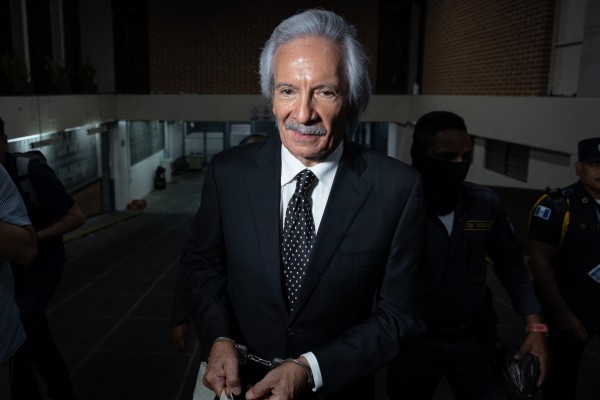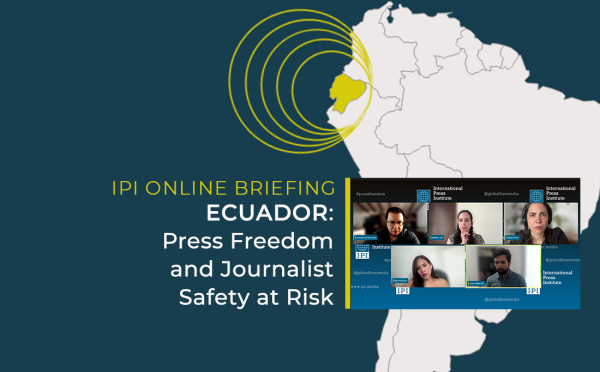Venezuelan Public Works Minister Diosdado Cabello confirmed on Thursday 9 July that the government is to begin proceedings against more than 200 privately owned radio stations with the aim of stripping them of their broadcasting licences.
The broadcasters in question –as yet unnamed – allegedly failed to submit various documentation regarding their ownership to the country’s telecommunications regulator, CONATEL, within a three week deadline that ended on 23 June.
IPI is concerned at the apparent ramifications of the move for press freedom in Venezuela.
“To threaten these broadcasters with closure for failing to respond within such a tight deadline is yet another sign of the Venezuelan authority’s intent to silence independent media and ignore due process,” said IPI Director, David Dadge.
CONATEL had required that the licence holder of each broadcaster present themselves, in person, with the documentation, at the regulator’s Caracas office.
“We will have 154 new spaces for the people to access information,” said Cabello in a 9 July speech before the Venezuelan National Assembly, referring to the number of FM frequencies affected by the move. 86 AM broadcasters are also facing proceedings.
Cabello also announced changes to Venezuelan broadcast regulations that will re-class many cable television companies previously considered ‘international’ as ‘Venezuelan,’ thus bringing them under CONATEL’s jurisdiction and liable under the ‘Law on Social Responsibility in Radio and Television’.
Such stations are required to run regular broadcasts ordered by the government, such as speeches by President Hugo Chavez.
These latest announcements come at a time of concern over increased government pressure on Venezuela’s private broadcast media.
On Friday 3 July, CONATEL charged six private television and radio broadcasters under Article 24 of the ‘Law on Social Responsibility in Radio and Television’ for broadcasting political publicity that the regulator deemed capable of causing a “breach of the peace.”
The publicity material was compiled by two NGOs campaigning against a draft law they believe threatens private property rights, and depicts individuals stating their intention to “defend” themselves should someone attempt to confiscate their private property.
CONATEL said the charges had been brought against the broadcasters as the footage could create the false impression amongst viewers and listeners that their property is at risk of confiscation, thereby leading to “panic” and “aggressive” behaviour.
Also on 3 July, the country’s Attorney General, Luisa Ortega Díaz, called for the drafting of criminal law in matters relating to the media offences, as the current, often administrative, sanctions are not strong enough.
Ortega Díaz’s call came in response to material published in local newspapers that also related to the campaign against the Law on Social Responsibility, featuring a naked, pregnant woman covering up her private parts with her hands and arms.
The Attorney General’s office has instigated an investigation into, among other things, a breach of children’s rights in relation to these images; although Ortega Díaz lamented that the penalties would likely be administrative rather than criminal.


